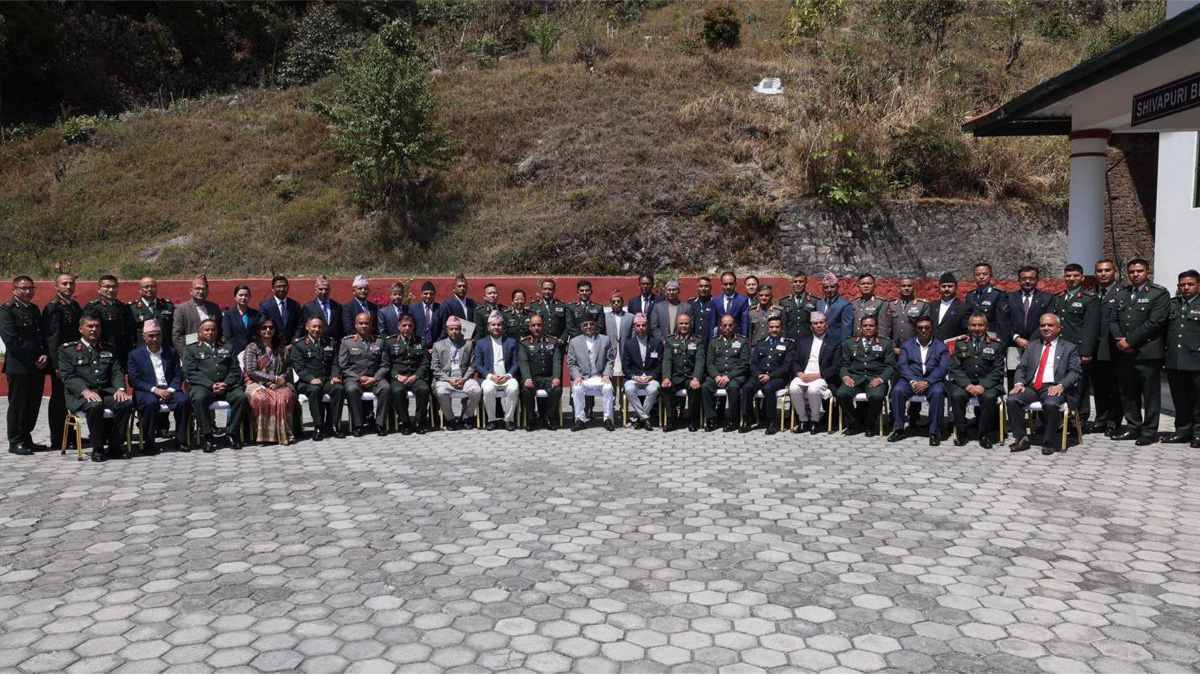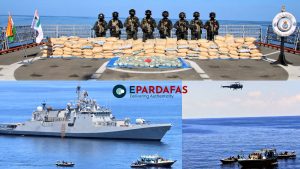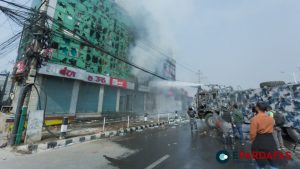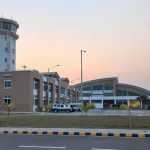
Nepali Army’s advance course on national security concludes

The eighth series of the Advance Course on National Security jointly organised by the Ministry of Defense and the Nepali Army at Shivapuri concluded today. The 15-day course was organised at the NA’s Shivapuri-based Army Command and Staff College.
The course concluded today in the presence of Prime Minister Pushpa Kamal Dahal ‘Prachanda’ who gave away certificates to the course attendees for successfully completing it.
National security, international relations, defence policy and strategic plans were among the major topics of the course which has been organised by the NA since 2072 BS. So far, 166 people have completed it. A total of 27 participants including representatives from different ministries, security bodies, public organizations and non-government organisations attended the training.
The trainees were from the ministries of foreign affairs; urban development; law, justice and parliamentary affairs; education, science and technology; physical infrastructure and transport; forest and environment; agriculture and livestock development; Nepal Rastra Bank, Tribhuvan University, Rastriya Samachar Samiti, Nepal Television, Pardafas.com, Nepal Red Cross Society, Kantipur Media Group, Armed Police Force, Nepal Police, National Investigation Department and the Nepali Army itself.
As the NA said, the course aims to assess challenges concerning national security minutely and explore the ways for solutions collectively. The nation’s geopolitical status and foreign policy, national security, major elements of the national power, civic-military relations, humanitarian assistance and disaster management, strategic plans and Nepali economy and its dimensions were the issues of focus of the training.
Giving his remark at the concluding session, Chief of Army Staff Prabhuram Sharma said, “Existing status of international security and conflict of security interests among superpower nations are more uncertain, complex and fluid.” As he said, the such conflict would have impacts on the security and prosperity of small and developing nations. He said he was confident that this type of session would help in assessing possible national security challenges and threats and addressing them in the right way.
Besides traditional forms of challenges, securities relating to the environment, energy, food, cyber and human civilisation are appearing as additional challenges for national security, according to the Army Chief who believes that these newly emerging challenges will have long-term implications on national and international forums.
He added the training was organized with the purpose of discussing various dimensions relating to national security and finding a new approach to promote national interests and inherent interests.
College commandant major general Santosh Kumar Dhakal was of the view that the training provided an opportunity to develop a common understanding of national security among the participants and to think on the matter through a new angle, developing an objective approach towards that end.











Comments